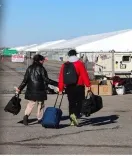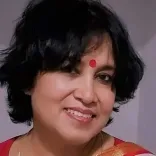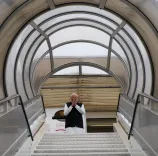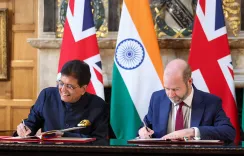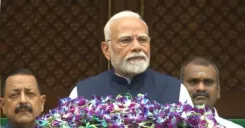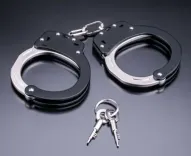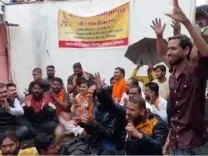Will the Third Round of Russia-Ukraine Talks Lead to Lasting Peace?
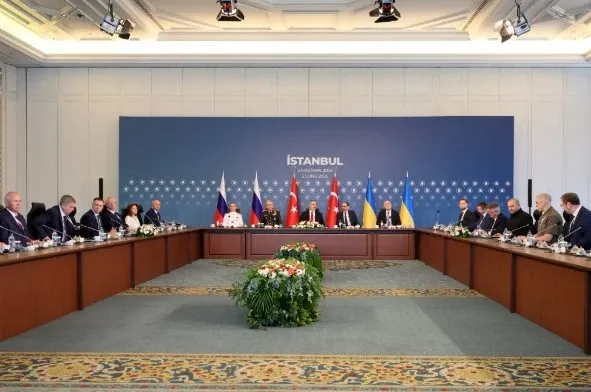
Synopsis
Key Takeaways
- Prisoner exchange agreement reached.
- Ceasefire terms remain a source of disagreement.
- High-level meeting suggested involving key global leaders.
- Humanitarian concerns highlighted in negotiations.
- Ongoing exchanges noted by Ukrainian leadership.
Istanbul, July 24 (NationPress) - Russian and Ukrainian representatives convened for a third session of diplomatic discussions at the Ciragan Palace. During this meeting, both parties managed to concur on a new prisoner exchange; however, they found themselves at an impasse regarding ceasefire conditions and a potential presidential summit.
Leading the Russian delegation was Vladimir Medinsky, an aide to the Russian president, while Rustem Umerov, the Secretary of Ukraine's National Security and Defence Council, led the Ukrainian side on Wednesday evening.
The discussions were facilitated by Turkish Foreign Minister Hakan Fidan, as reported by Xinhua news agency.
After talks that spanned less than one hour, Umerov addressed the media, asserting that Ukraine remains steadfast in its demand for a full and unconditional ceasefire, viewing it as vital for productive diplomatic efforts.
"We are prepared for a ceasefire immediately and to initiate comprehensive peace talks, and it is up to the opposing side to embrace this fundamental step towards peace," he stated.
"We stress that the ceasefire must be authentic. It should entail a total halt to attacks on civilian targets and critical infrastructure," he emphasized.
Before the discussions commenced, Kremlin spokesperson Dmitry Peskov noted that Moscow and Kyiv are at significant odds regarding conflict resolution, highlighting that there is still "much work" to be accomplished.
The Ukrainian side suggested a meeting between Russian President Vladimir Putin and Ukrainian President Volodymyr Zelensky by the end of August, with the involvement of US President Donald Trump and Turkish President Recep Tayyip Erdogan deemed "particularly valuable", Umerov added.
Following a separate press briefing, Medinsky stated that both nations agreed to a mutual exchange of 1,200 prisoners of war, which includes a proposal from Moscow to trade approximately 30 civilians held in the Kursk region.
He declared that Russia has already returned the remains of 7,000 fallen Ukrainian soldiers and is prepared to return an additional 3,000, while requesting the return of any deceased Russian soldiers from Ukraine.
Additionally, Medinsky mentioned that the Russian side proposed creating three online working groups with Ukraine to tackle political, humanitarian, and military matters, and requested that Ukraine consider short ceasefires lasting 24 to 48 hours along the contact line for the evacuation of injured soldiers and the recovery of fallen troops' bodies.
Regarding the proposed Putin-Zelensky meeting, Medinsky indicated that such a gathering is not on the agenda until certain processes are finalized.
Meanwhile, Zelensky took to social media platform X to announce that the ninth phase of prisoner exchanges occurred "today," which involved over 1,000 individuals from the Ukrainian side, including those who are seriously ill and severely wounded.
"It is crucial that the exchanges continue," he remarked.
In his opening remarks, Fidan urged both delegations to pursue result-driven negotiations aimed at establishing a ceasefire and ultimately concluding the conflict.
"Our aim is to terminate this bloody war, which has inflicted a heavy toll, as swiftly as possible," Fidan stated.
Although the previous two rounds of talks in Istanbul, conducted on May 16 and June 2, led to the exchange of thousands of war prisoners and the remains of fallen soldiers, they yielded minimal progress towards a ceasefire.

